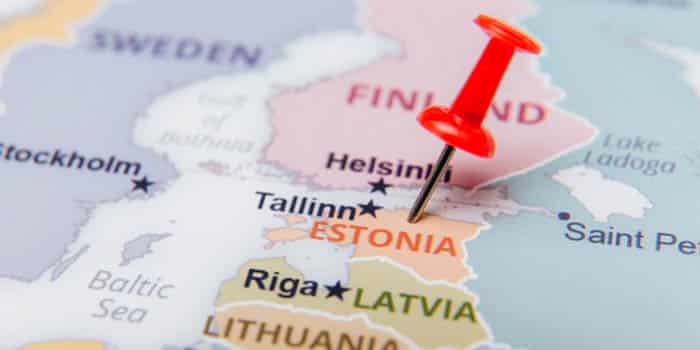Fact-checked by Angel Hristov
Estonia to Gradually Lower Its Tax on Online Gambling
The tax cut will be introduced in gradual steps of 0.5% and will proceed only if revenue milestones, such as EUR 27 million ($31.2 million) are achieved

The Estonian government has approved a plan to gradually lower the online gambling tax rate from 6% to 4%. Proponents of the new legislation say the change will boost Estonia’s attractiveness to international operators and ensure more stable funding for sports and cultural initiatives.
Estonia Approves Online Gambling Tax Cut
Minister of Foreign Affairs Margus Tsahkna said the government anticipates that the measure will boost total revenue from EUR 22 million (around $25.44 million) today to EUR 30 million ($34.7 million) by 2028, provided forecasts remain accurate. Tsahkna stated that all of the money will go to culture and sports.
He also explained that the tax cut will be introduced in gradual steps of 0.5% and will proceed only if revenue milestones, such as EUR 27 million ($31.2 million) are achieved. Safeguards are in place to suspend further reductions if the anticipated increase in revenue from new gambling operators fails to materialize.
Discussion on lowering the gambling tax in the country has been going on for several weeks now. Early in October, Reform Party MP and Legal Affairs Committee chair Madis Timpson proposed the new bill, whose aim, its proponents argue, is to help turn Estonia into an iGaming leader in Northern Europe.
Prime Minister Kristen Michal defended the proposal, drawing parallels to Estonia’s corporate income tax reforms. These were initially met with doubt but ultimately fueled substantial economic growth for the Baltic country. Michal stressed that the key factor is the licensing and financial reporting of gambling companies, both of which will remain under the strict supervision of the Financial Intelligence Unit (FIU). He added that any potential shortfall in cultural funding resulting from the tax reduction would be offset through other budgetary sources.
Some Criticize the New Decision
The decision has drawn criticism from former finance minister and Reform Party member Mart Võrklaev, who described the tax cut as premature and potentially harmful to public finances. He noted that, according to Ministry of Finance projections, the reduction could lead to losses of EUR 6 million ($6.4 million) in 2026, EUR 8 million ($8.5 million) in 2027, and EUR 10 million ($10.6 million) in 2028.
Võrklaev also challenged the assumption that additional operators would enter the Estonian market. He pointed out that nine new companies joined following the 2023 tax hike, but generated only EUR 4 million ($4.3 million) in extra revenue. He further criticized the government for seemingly favoring a narrow interest group at the expense of broader public interests.
Meanwhile, Andrei Korobeinik of the Center Party, deputy chair of the Parliament’s Finance Committee, described the proposal as “cynical,” pointing out that the government is simultaneously raising taxes on citizens.
Stefan Velikov is an accomplished iGaming writer and journalist specializing in esports, regulatory developments, and industry innovations. With over five years of extensive writing experience, he has contributed to various publications, continuously refining his craft and expertise in the field.

















